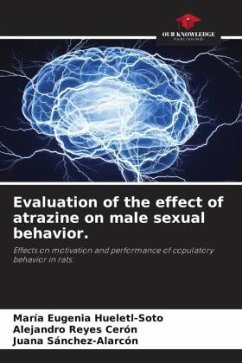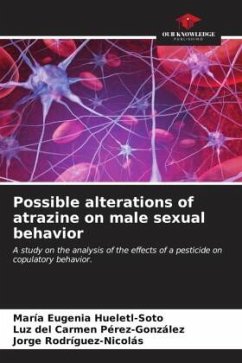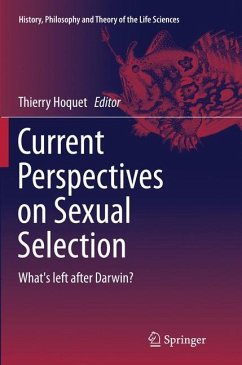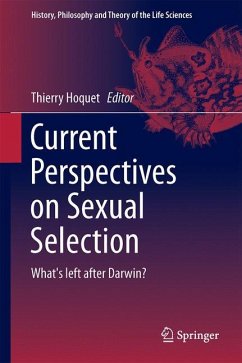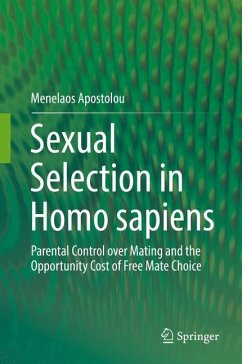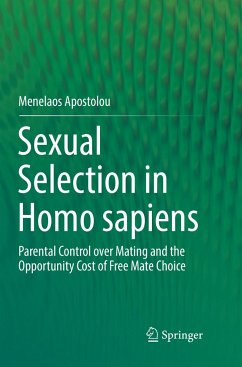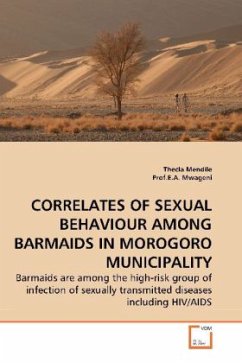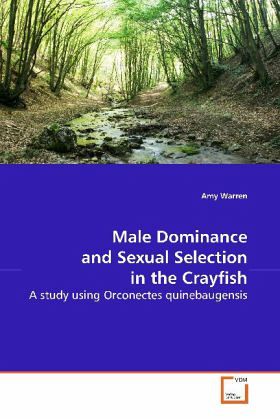
Male Dominance and Sexual Selection in the Crayfish
A study using Orconectes quinebaugensis
Versandkostenfrei!
Versandfertig in 6-10 Tagen
32,99 €
inkl. MwSt.

PAYBACK Punkte
16 °P sammeln!
In many taxa, social structures are mediated by agonistic interactions and the formation of dominance hierarchies. Success in such agonistic interactions often leads to increased access to vital resources, such as food, shelter, and mates. It has been suggested that males compete primarily for access to mates, with all other forms of competition being necessary only so far as they contribute to this ultimate goal. Therefore, the evolution of male dominance and related interactions may be influenced by sexual selection if this trait is at least partially heritable and confers reproductive advan...
In many taxa, social structures are mediated by
agonistic interactions and the formation of
dominance hierarchies. Success in such agonistic
interactions often leads to increased access to
vital resources, such as food, shelter, and mates.
It has been suggested that males compete primarily
for access to mates, with all other forms of
competition being necessary only so far as they
contribute to this ultimate goal. Therefore, the
evolution of male dominance and related interactions
may be influenced by sexual selection if this trait
is at least partially heritable and confers
reproductive advantages to one or both sexes. This
work examines the possible role of sexual selection
in the dominance interactions of the crayfish
Orconectes quinebaugensis as a model system, as well
as the selection pressures that may shape the male
dominance trait from one generation to the next.
Specifically, it tests the hypothesis that male
dominance is positively correlated with reproductive
success through either or both intra- and inter-
sexual selection in O. quinebaugensis, under the
assumption that dominance is at least partially
heritable in this species.
agonistic interactions and the formation of
dominance hierarchies. Success in such agonistic
interactions often leads to increased access to
vital resources, such as food, shelter, and mates.
It has been suggested that males compete primarily
for access to mates, with all other forms of
competition being necessary only so far as they
contribute to this ultimate goal. Therefore, the
evolution of male dominance and related interactions
may be influenced by sexual selection if this trait
is at least partially heritable and confers
reproductive advantages to one or both sexes. This
work examines the possible role of sexual selection
in the dominance interactions of the crayfish
Orconectes quinebaugensis as a model system, as well
as the selection pressures that may shape the male
dominance trait from one generation to the next.
Specifically, it tests the hypothesis that male
dominance is positively correlated with reproductive
success through either or both intra- and inter-
sexual selection in O. quinebaugensis, under the
assumption that dominance is at least partially
heritable in this species.



